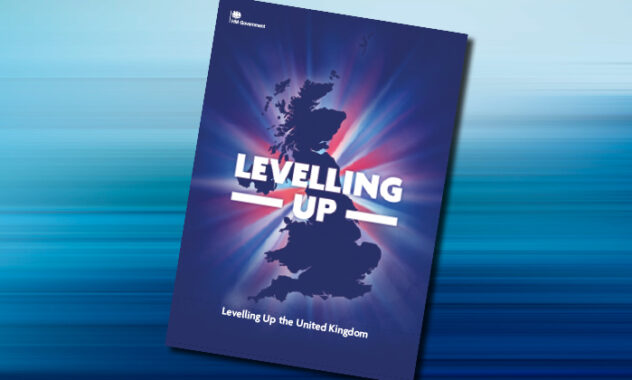New Zealand forges ahead with radical workers’ rights agenda
Jacinda Ardern’s government has radically expanded unions’ collective bargaining power.

In New Zealand, Jacinda Ardern’s Government has introduced legislation to enable industry wide collective bargaining and a raft of other pro-worker legilsation. Unions in the UK will be watching developments in New Zealand – as will UK employers.
Union members cheered as Parliament passed a bill aimed at strengthening worker’s bargaining powers particularly in sectors dominated by low pay and insecure contracts, on Wednesday night.
The Fair Pay Agreement (FPA) legislation empowers trade unions to negotiate minimum rates of pay across sectors.
However, these reforms, welcome though they are, are not necessarily secure – and are likely to be repealed by the National Party, Ardern’s opposition, should they take power in elections taking place next year, as many polls are predicting.
As Henry Cooke writes in the Guardian:
“On Wednesday night Labour finally enacted one of its promises from the 2017 election, passing fair pay agreements (FPAs) into law. Despite not attracting all that much coverage, FPAs are the most consequential change to employment law in decades, significantly shifting the balance of power from employers to employees, and bringing New Zealand’s system much closer to Australia’s “modern awards”. National are absolutely dead set on repealing them.
These FPAs are essentially collective agreements struck not between a union and a single employer, but a union and every employer in an industry. Employers cannot walk away from this bargaining completely, as if they do the Employment Relations Authority can simply impose terms on all employers in the sector. Workers lose their ability to strike while negotiating such an agreement.
The idea is not that every employee in the country will suddenly be covered by an FPA, but that a floor for pay and conditions can be set in poorly paid industries with low union membership, particularly those where contracting and subcontracting make working out who actually employs who a nightmare – think security guards and cleaners.”
You can read his piece here.







